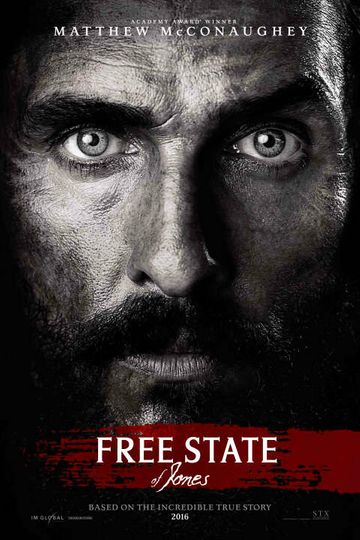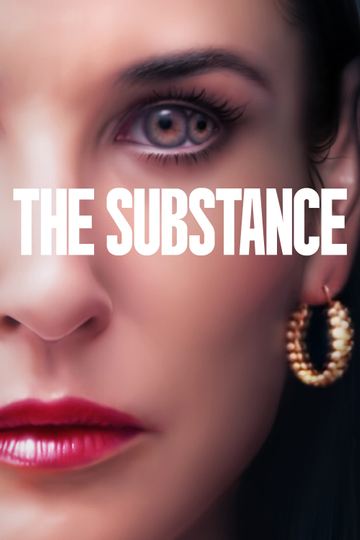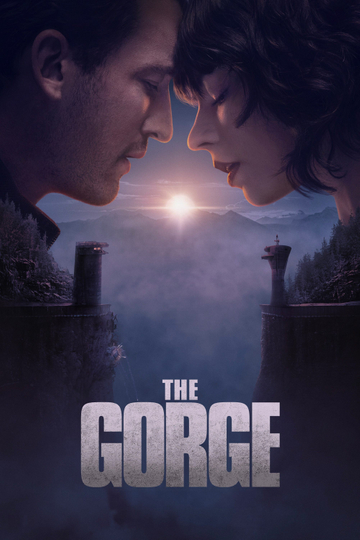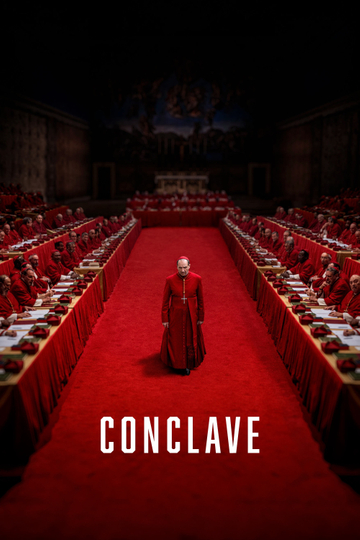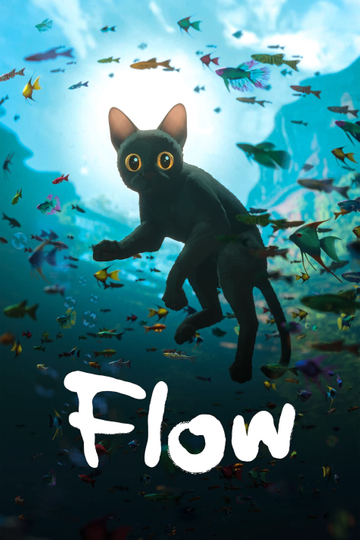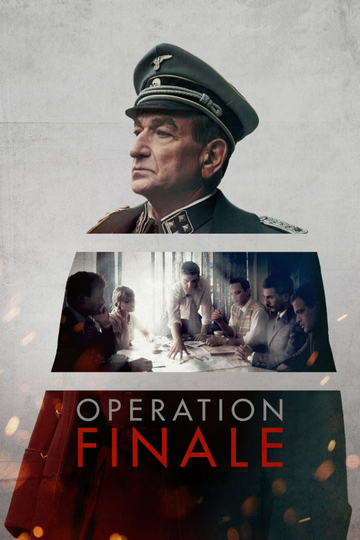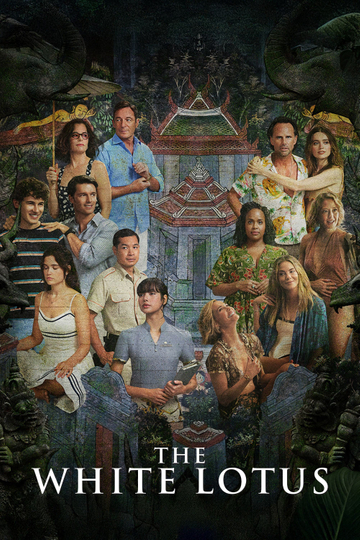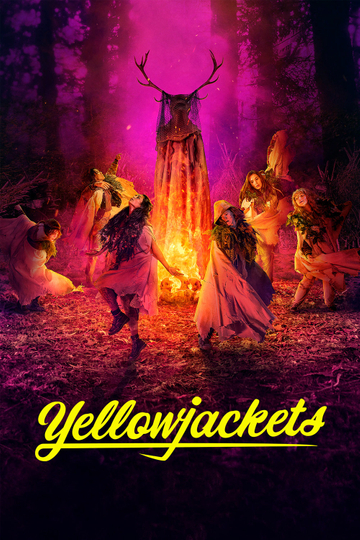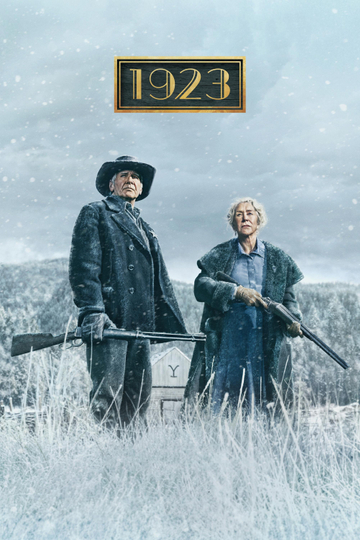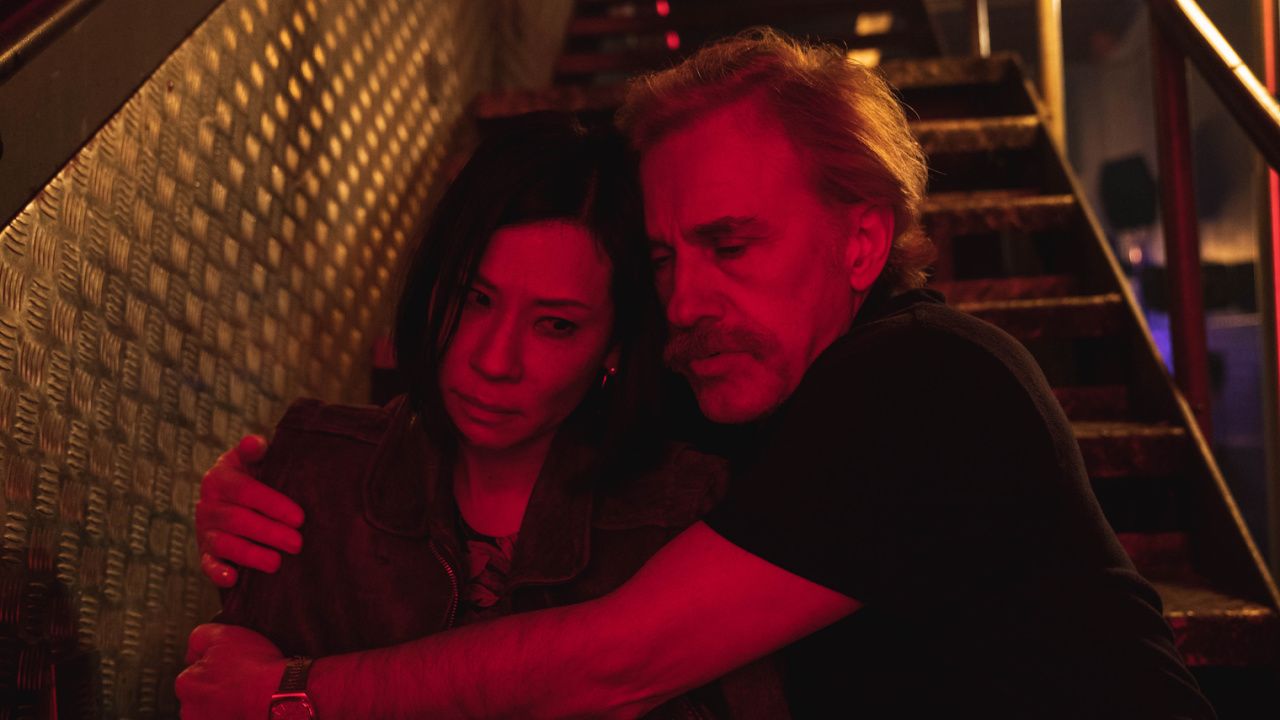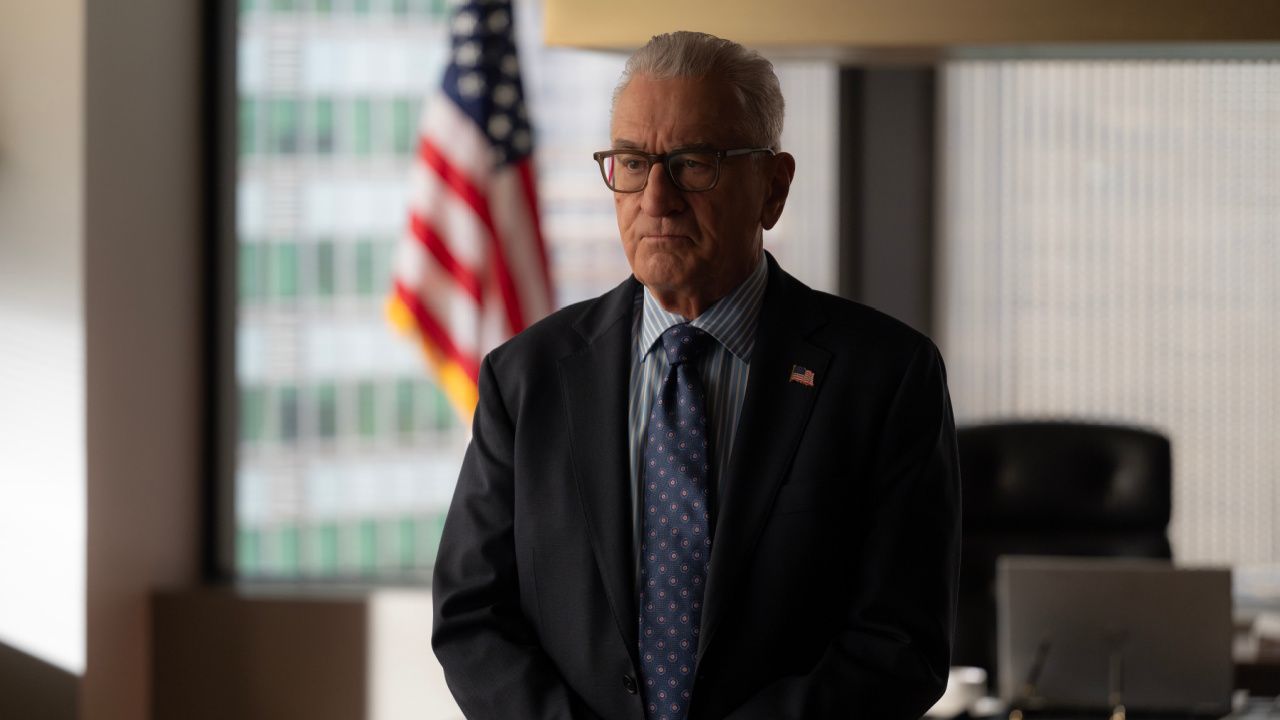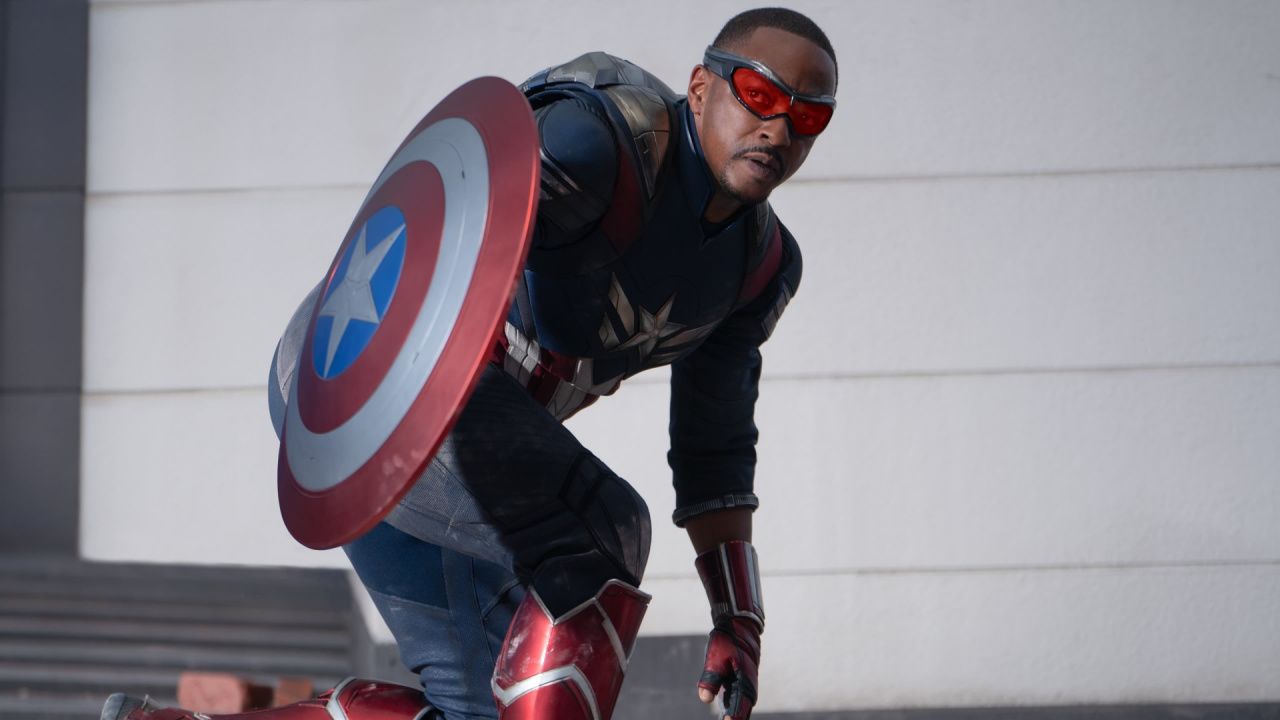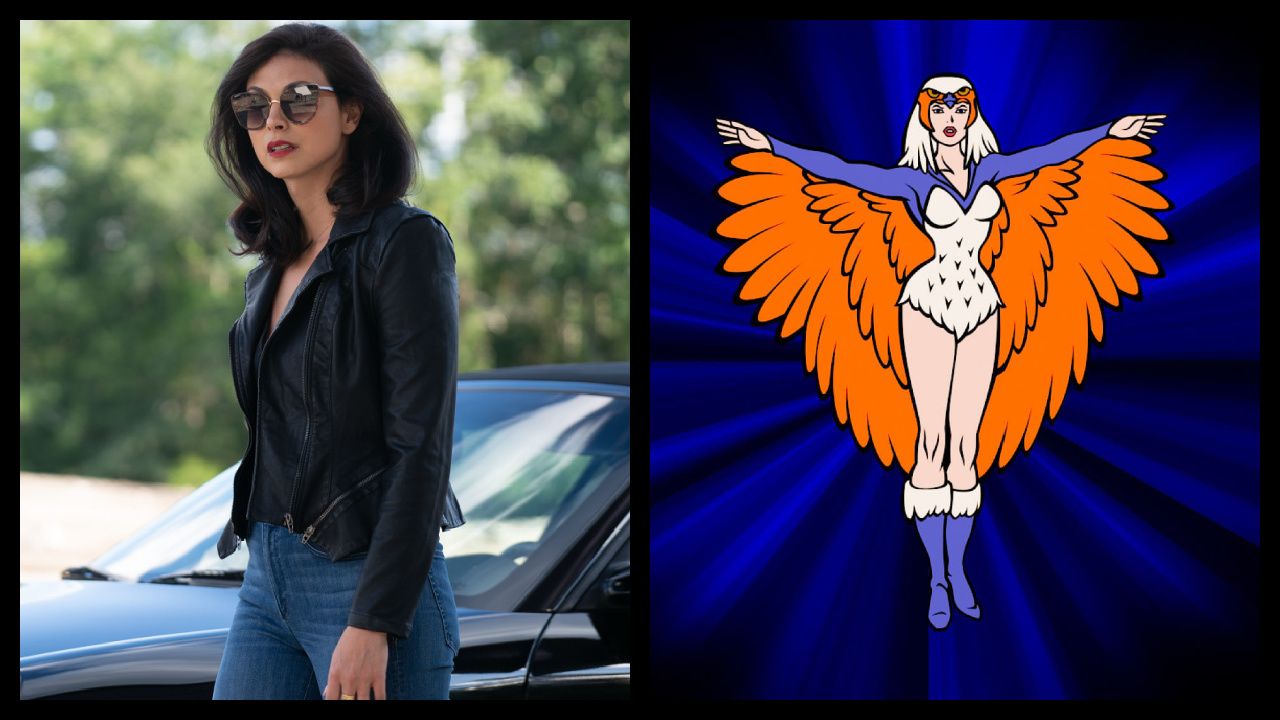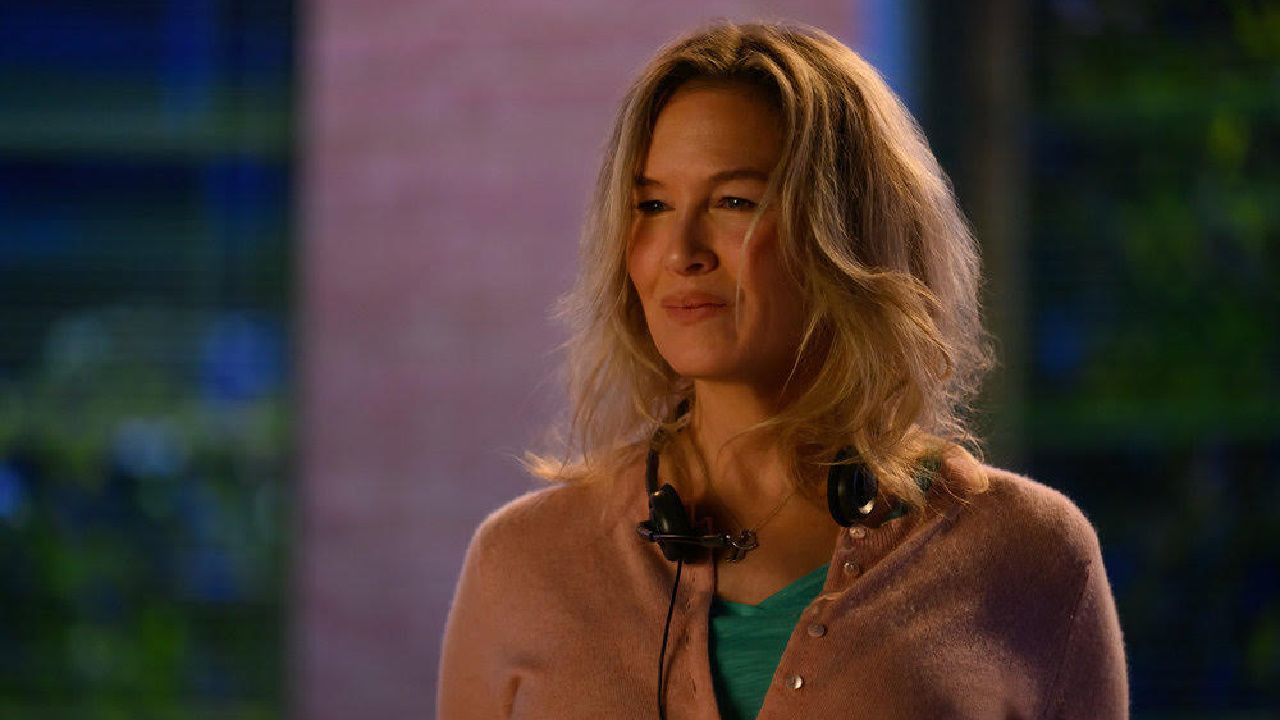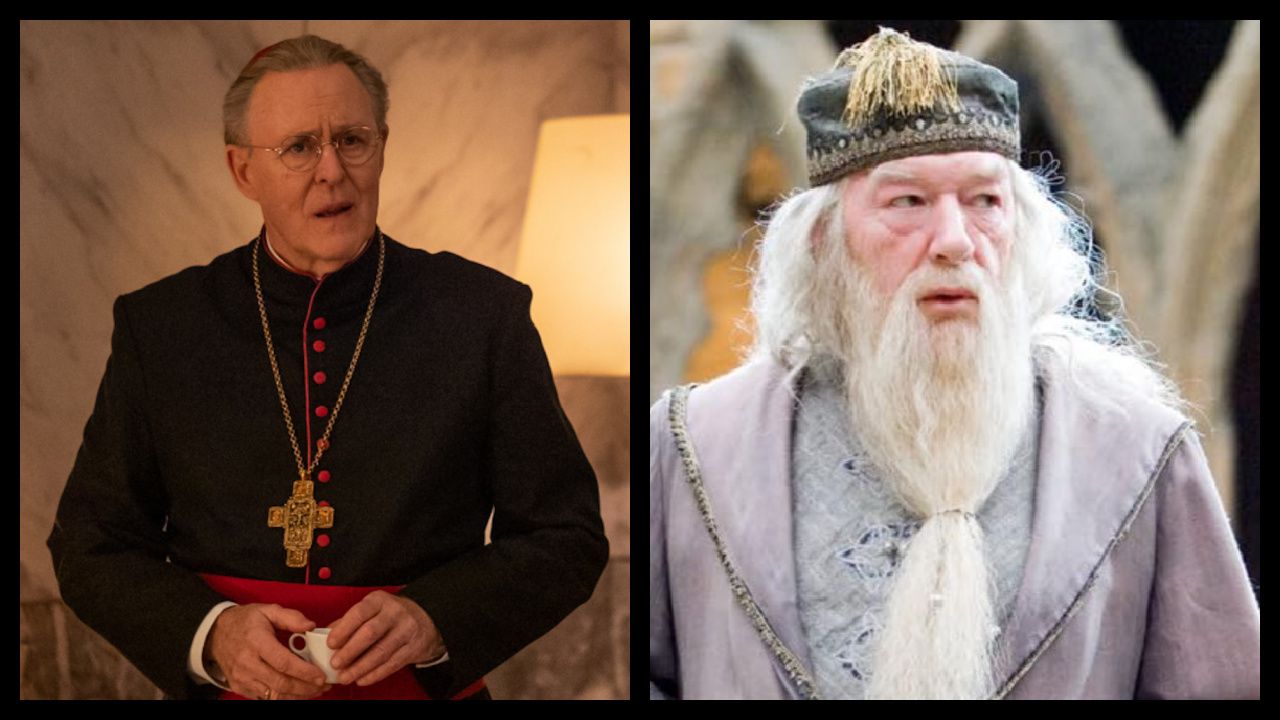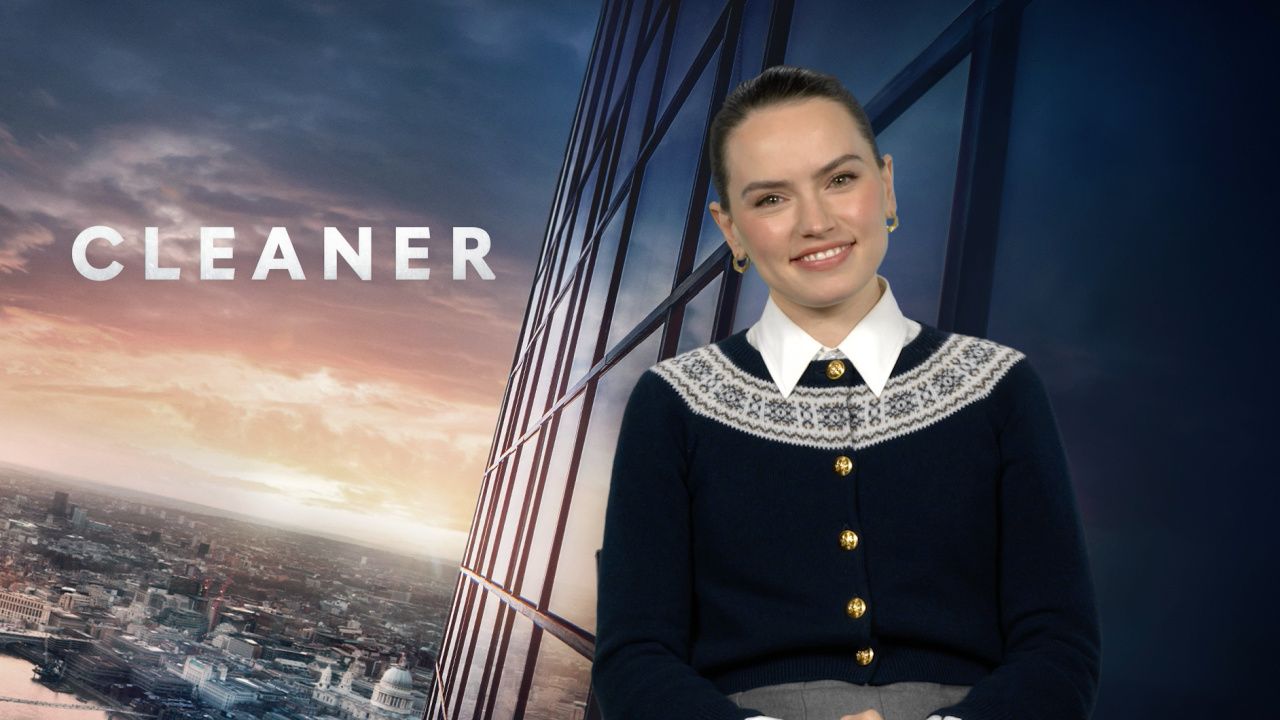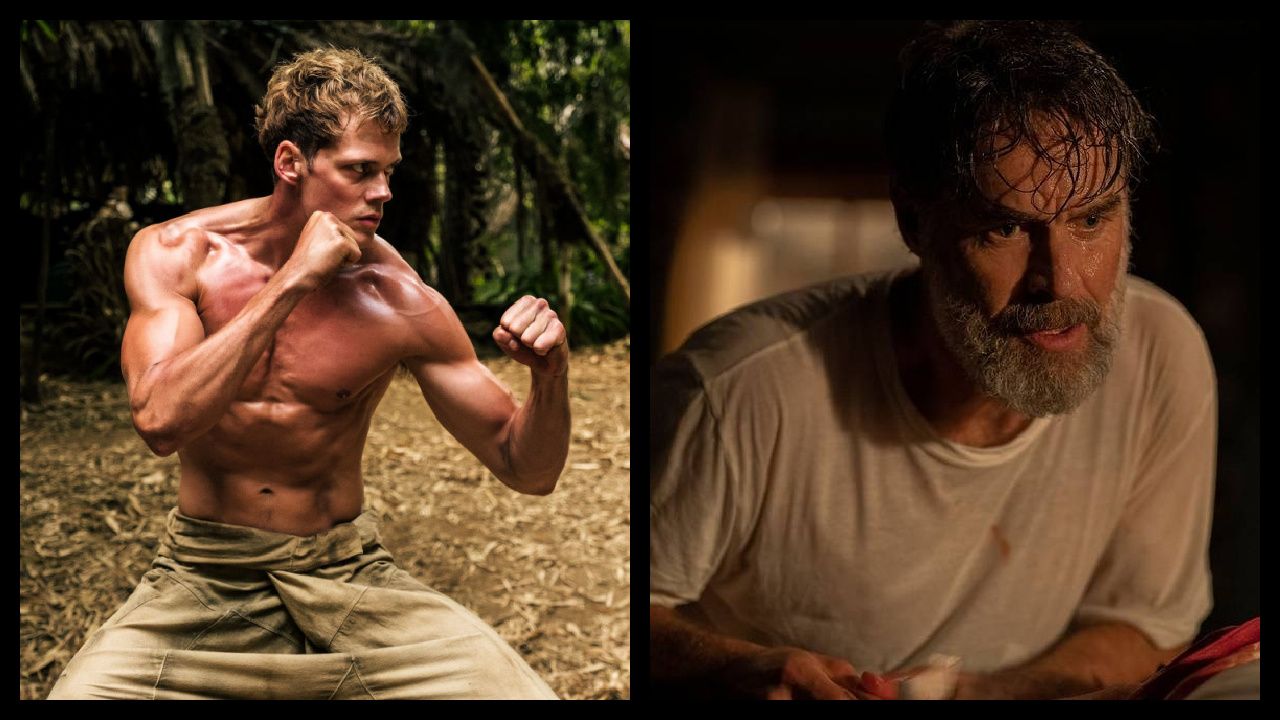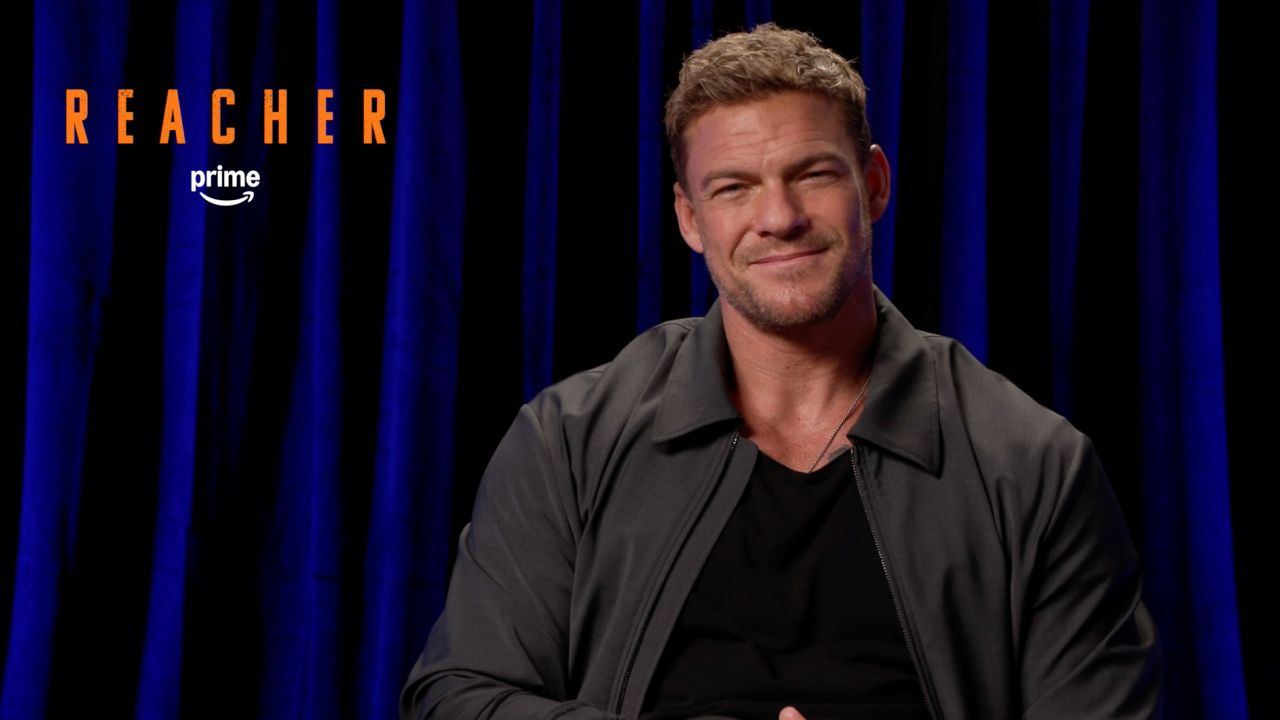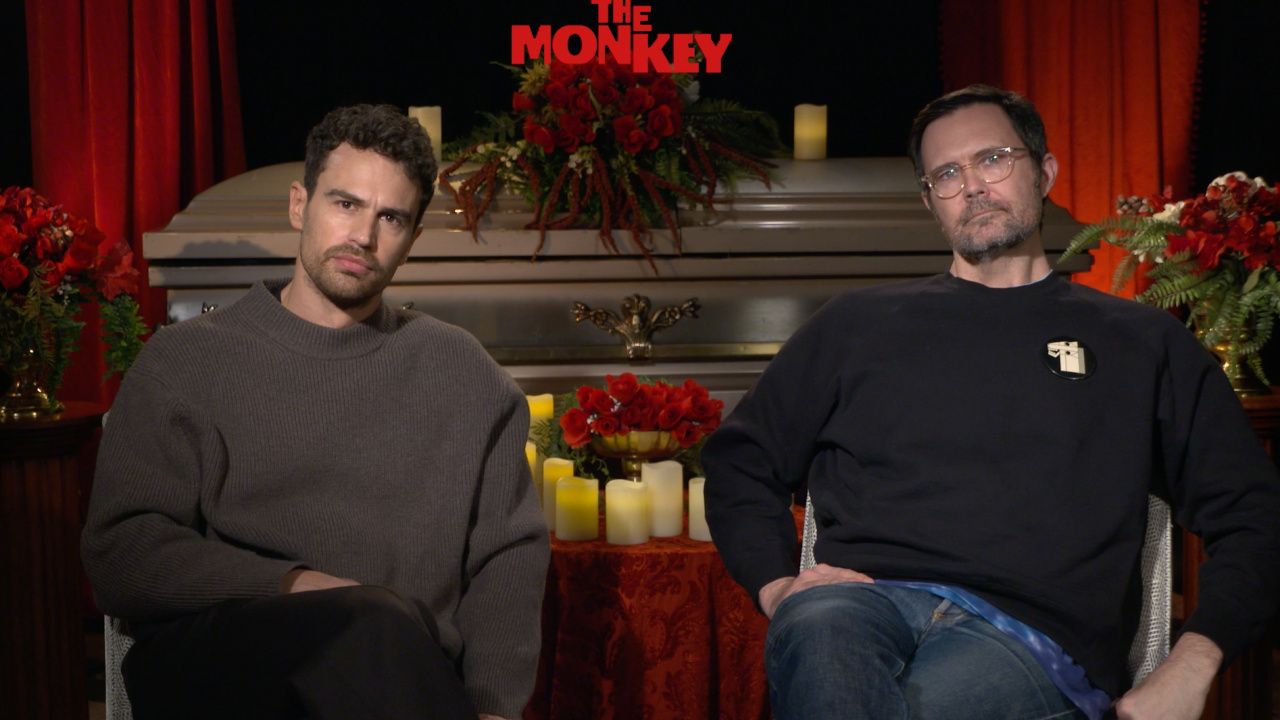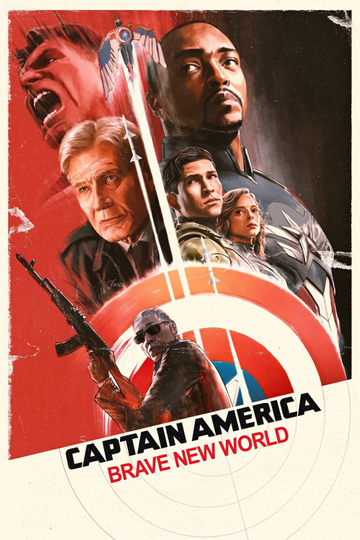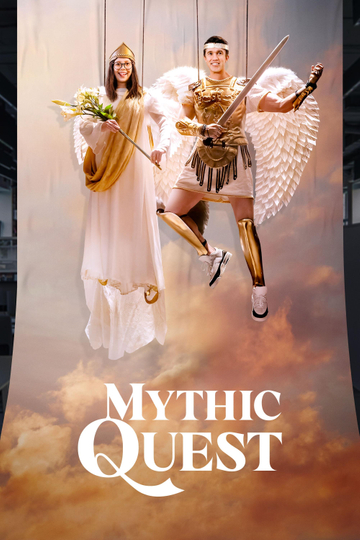Mahershala Ali: You'll Be 'Inspired, Educated' by 'Free State of Jones'
In the Civil War drama "Free State of Jones," Mahershala Ali plays escaped slave Moses, who finds an ally in white farmer Newt Knight (Matthew McConaughey), who also has no love for the Confederacy.
When we first meet Moses, he's hiding out in the swamps and wearing an impossibly medieval-looking metal-spiked collar that is -- sadly -- all too true to history. The actor (who you likely know from "House of Cards" and "Crossing Jordan" or "The 4400") sat down with Moviefone to talk about the emotional and physical challenges of filming and his family's story.
Moviefone: This was a very tough movie to make, I imagine. Just having to wear that metal collar.
Mahershala Ali: Yeah. That part of it, the metal collar, was part of the costume. But I think it was more difficult for the cast and crew. I found myself very inspired by the opportunity to embody a character who is reflective of so many experiences, of so many African-Americans that lived and died during that time. I found myself excited to embody him in any way possible because I was very aware of the possibility and potential of those elements and those layers of the character, how deeply those things could resonate for an audience. If we didn't have those things, that would soften it. So I was excited by that.
It was probably a relief to finally take it off, though.
Oh, for sure. It was uncomfortable. I couldn't imagine living with that. I'm shooting with it a few hours a day, and anytime they could, they're trying their hardest to unscrew it and take it off of me. I can't imagine someone having to wear that thing for years. And some of [the escaped slaves] had [collars with] bells and designs that were even more uncomfortable than what Moses had to endure.Did you do a lot of research for the part?
I did enough research for me. For me, what tends to happen is if I get too academic about it, I feel removed from the spiritual aspects of the character. I can't think about it. When I think about it, it doesn't go too well. [Laughs] I make it too heady, and I'm not an academic actor in that way. Some people read everything under the sun when they do a project and they feel really informed, but that gets in my way. I did read Steven Hahn's "A Nation Under Our Feet" and W.E.B. Du Bois to get familiar with what was going on in that world.
And I'm really informed by wardrobe. My wardrobe for me is always my first rehearsal. You can't go to work without having gone to your first wardrobe fitting. Then I know what I'm getting into a few days later. The wardrobe and the beard and the hair, those things are such a departure from who I am and what I experience and how I move around in the world that it did a lot of the work for me.
And being on location in the Louisiana swamps helped, I imagine.
All of that. Just wearing the environment. Because I'm a relatively porous person, just taking in where I am and who I'm with ... I think all of that gave me something to put out.Why does this story matter today?
I think it's an opportunity for people to be not only entertained, but inspired, educated, and informed about a time that I think we have this perception that we know about, but we really don't. Most people think that, in terms of the black experience, after the Emancipation Proclamation was signed, that there was this sense of joy, celebration and freedom, and that we had the opportunity to go pursue the best life that we could.
What the vast majority of Americans -- black, white, and in between -- don't get is that there was a process of re-enslaving African-Americans very quickly. These local laws were passed. There were black codes, there was terrorism, and the KKK. Tens of thousands of African-Americans trying to participate in the Democratic process were murdered. Schools were burned down. There were all these things going on in that time that [director] Gary [Ross] touches on in a really fantastic way. It's an opportunity for people to see and be educated about the things that happened after the Emancipation Proclamation and get a vision of this other tile in the mosaic of our history.
There are still a lot of parallels with today, unfortunately.
You can say that. I don't know. I know the freedom that I get to move around in the world with is very different. My grandfather was a sharecropper, so essentially an extension of slavery for that time. He didn't graduate from high school until he was 20 because the boys had to sharecrop and pick cotton. So you go back to his father, my great-grandfather, he was 98 when he passed in the early '90s, and just getting to be around him and know what he came from ... the further you go back, the more you see that they had less breadth of opportunity and less range. But you still see what people were able to achieve. You go back to the 1860s and people were being murdered -- literally murdered -- for trying to vote. I can take that for granted.
The time is very different. I don't have to worry about dying or my family dying because I want to go vote for Hillary Clinton or something. I don't have to worry about that. That, in and of itself, it's a very different world that we live in. There's a long way to go and a lot of progress that needs to be made in any group that finds themselves oppressed and not enjoying the same freedoms that this particular man who sits in this office at this desk may enjoy, but we've made amazing strides. The fact that I'm sitting down with your right now is a sign of that progress.Sounds like you have a really rich history that's been handed down through your family.
I know I have to really dig in and get my grandmother to talk. My grandfather was president of the NAACP for several years in the Bay Area and local chapters in Alameda and Hayward. I just knew that he went through certain things and some of [my relatives] were more politically active and some were just more laypeople who were going through difficult times or being laid off from jobs for reasons of discrimination. There is a history there for all African-Americans, but me seeing that journey personally of people having to strive and struggle and traverse a certain set of circumstances that are related to color.
"The Free State of Jones" opens June 24th.
